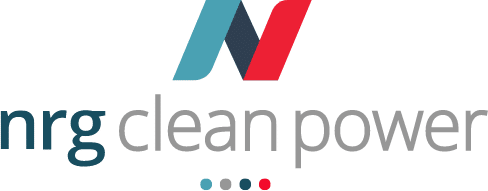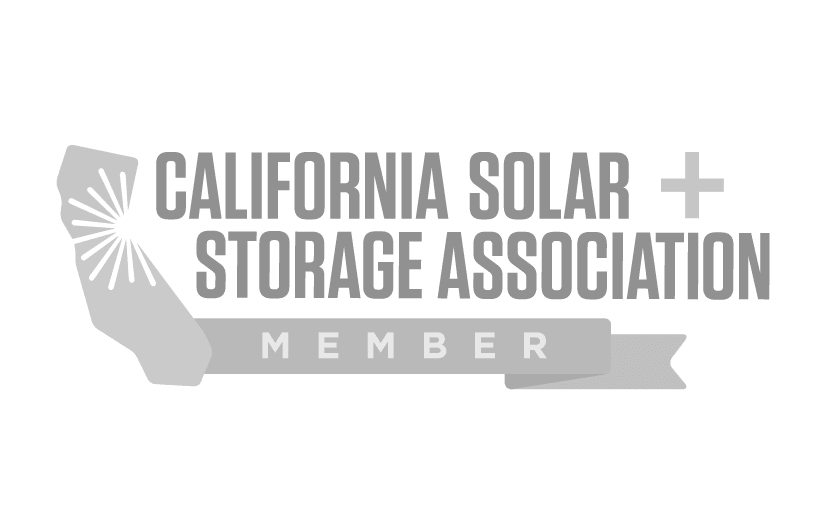The Fundamentals of Household Solar Power
Most likely, if you’ve found yourself here, you’re considering putting photovoltaic cells on the building of your office or home. This may help you save money on your utility costs and become more environmentally conscious at the same time.
Just several technical and economic considerations must be made prior to moving forward with the project. Choosing the best solar company is a fantastic place to begin, but here are a few more things to keep in mind.
Buying solar panels for your house
There are a plethora of stores and websites where you may purchase solar panels directly. There are other options as well, such as getting them from trustworthy solar firms, who can draw on their knowledge and resources. Installing your solar panel system will also be something they can help you with. It might be difficult to get money for your panels, as well. It’s an excellent place to start investing if you’ve saved up several thousand dollars. Options exist at both state and national levels for those who cannot find a solution in their community. Loans, grants, and even tax benefits may all be found via solar companies, and they can help you find them.
While going it alone with solar panels for your house or company may be appealing, the technical and economic ramifications are a bit problematic. So, although it may seem that you can install your own solar panels at home, you will probably profit from the assistance of professional solar companies in the long run.
In-grid and off-grid photovoltaic cells
Depending on where your house is located, you may have to alter the layout of your solar panels. Residents in urban and suburban areas will have the option to stay connected through the main grid or disconnect. Choosing net metering, a system that enables you to feed any excess energy you create back into the grid, is a benefit of this approach. It is part of the deal that you may use the grid’s power if you don’t have the energy on your own.
Storage batteries are a good option if you live in a remote area and need to have extra batteries on hand. This model’s drawbacks include the high expense of batteries, as well as the difficulty of finding a place to keep them after you’ve purchased and installed them. It is also feasible to combine on-grid and battery power in a hybrid form.
Seeking solar power
After you’ve assessed your home solar installation, you may work with a top solar provider to help you out. You might expect to recoup your investment in solar panels in three years or less. You don’t have to worry about monthly power expenses anymore.
Even better, solar panels may last up to 30 years, based on the device and type. Hopefully, this post was helpful and now you’ve gotten a decent grasp of the fundamentals of solar panels for your own house.
Verify the licensing and insurance of the solar company
A general contractor’s electrical license, such as the C-10, is the minimum need for solar panels companies. Inquire as to whether or not they are permitted to operate on the electrical parts and circuitry of your installation.
There are a wide range of licensing options available to solar installers, including electrician, home improvement, and home performance contracting permits. Additionally, installers should be OSHA-certified and have general liability insurance.

